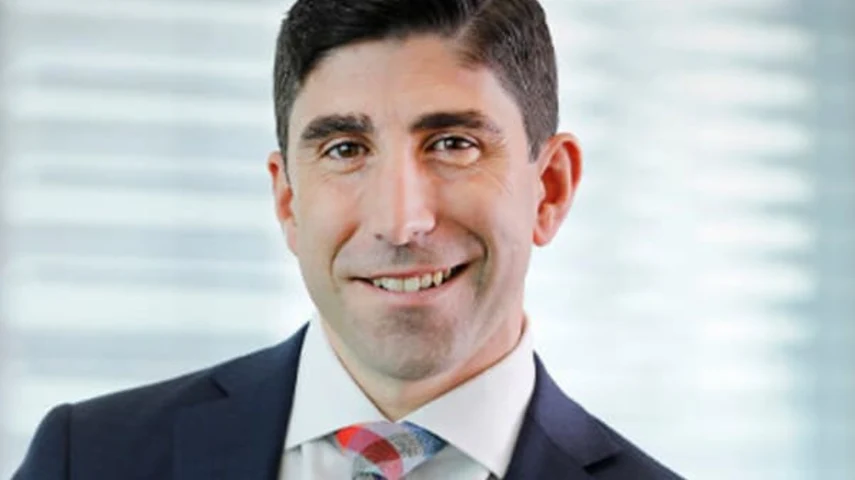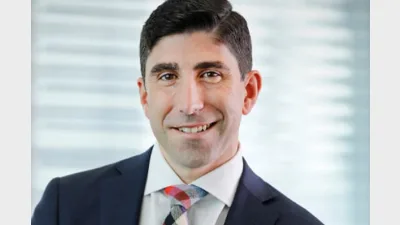Insignia and AMP CEOs on reinventing advice for middle Australia



The chief executives of AMP and Insignia have weighed in on the numerous opportunities arising from the Quality of Advice Review (QAR) in reinventing the advice offering, particularly for the “middle Australia” segment of the population that have largely been underserved.
Speaking at the Australian Financial Review Super & Wealth Summit, Insignia chief executive Renato Mota said there’s a spectrum of need across communities.
“We tend to talk about the topic of financial advice in generalities and there’s quite a spectrum of need through communities. I think the top 10 per cent of Australians are really well-served; there’s a variety of models and a lot of ‘bespokeness’ in the offer,” Mota observed.
Similarly, at the other end of the spectrum, the bottom 30 per cent are assisted by Australia’s social security system, he said.
“It’s that rump in the middle that I worry for, and in some ways ‘wealth management’ is a bit of a misnomer because those that need the services the most have the least amount of wealth.
“The challenge and the opportunity [here] is to serve ‘middle Australia’, for lack of a better term, but that offering must look very different to what the top 10 per cent receive or is offered to them. In the past, I think we’ve tried to shrink-wrap the offer to the top 10 per cent and serve middle Australia with a relatively similar offer [and] the opportunity ahead of us with the QAR and other things is in reinventing this offer.”
One of the largely discussed recommendations of the QAR has been opening advice to super funds in phase two of its recommendations in order to improve access to retirement income advice.
In engaging with industry on this front, Minister for Financial Services Stephen Jones previously said super funds are “well‑suited” to safely meet the needs of their members.
According to Mota, it is an opportunity that Insignia would certainly promote which will ultimately result in benefitting “middle Australians” who don’t currently receive any advice.
He added: “Like the minister has said before, in protecting people from bad advice, we’ve also protected them from good advice.”
AMP chief executive Alexis George agreed that declining adviser numbers, alongside low financial literacy rates, has further driven the need to reduce the red tape for intra-fund advice.
“[Australians] do need some help when it gets to retirement and unfortunately there’s no one cookie-cutter approach to retirement. Everyone’s in a different situation. They may still have outstanding loans, they might have a credit card bill, they may be separated from a partner, they may be divorced,” she said.
“There are different situations we need to negotiate, and in the current regulatory environment, it’s really difficult for us as a super fund to provide that assistance to those customers. I would always promote the benefits of financial advice, but it’s not for everyone and not everyone needs that, so I do think we need to take a hard look at how we can help that middle Australian.”
Drawing on the firm’s own experience with its super fund MLC Super, Mota highlighted how technology can be leveraged to service this segment. In the last 12 months, the super fund has witnessed an uptick of some 100 per cent in its digital statements of advice (SOA), he said.
“The journey around robo and now generative AI in advice has been one of recognising it’s not about finding the right product for a client; it’s actually helping a client understand their situation and make decisions for themselves. What I call version one of robo was very much around a product solution, i.e. how do we match the right client to the right product.
“I think advice is going to be about a client solution. It involves a number of factors, including product, but it’s actually about helping clients through their journey, their way,” Mota said.
“I think the current and the next generation of technology and advice is either helping the efficiency in the personalisation in a humanistic advice process, or in fact helping people self-serve and starting their journey towards financial advice along a continuum.”
He added: “Whether it’s inside super or outside super, leveraging technology to create new advice conversations is the way we serve that middle Australia component that’s currently underserved.”
George agreed, listening to financial inquiries coming in from ordinary Australians, it boils down to financial literacy and how technology can help bridge the gap.
“Once we get our data in order, it’s about giving people nudges or information at the time they want it, not when it’s completely irrelevant to their lives. To encourage them to get proper advice at the right point, I think that’s where we have to do better as an industry,” she said.
“I would love our education system to be fixed around financial literacy, but I think we have a responsibility to provide information at the right time, and that’s where technology can help us, whether it’s AI or any other form.”
Recommended for you
The financial advice industry has enjoyed another week of strong new entrant numbers, totalling nearly 40 for the past fortnight, thanks to the latest exam passes.
Momentum Media’s wealth publishing network – comprising InvestorDaily, ifa, SMSF Adviser, Money Management, and Super Review – is proud to launch the annual Australian Wealth Management Awards.
Investment information firm Equity Story has signed a binding heads of agreement to acquire South Australian financial advisory and stockbroker Baker Young for $4.2 million.
Net cash flow on AMP’s platforms saw a substantial jump in the last quarter to $740 million, while its new digital advice offering boosted flows to superannuation and investment.
















The Bad Boys at the Royal Commission win. Bravo AMP and the Business formerly known as IOOF.